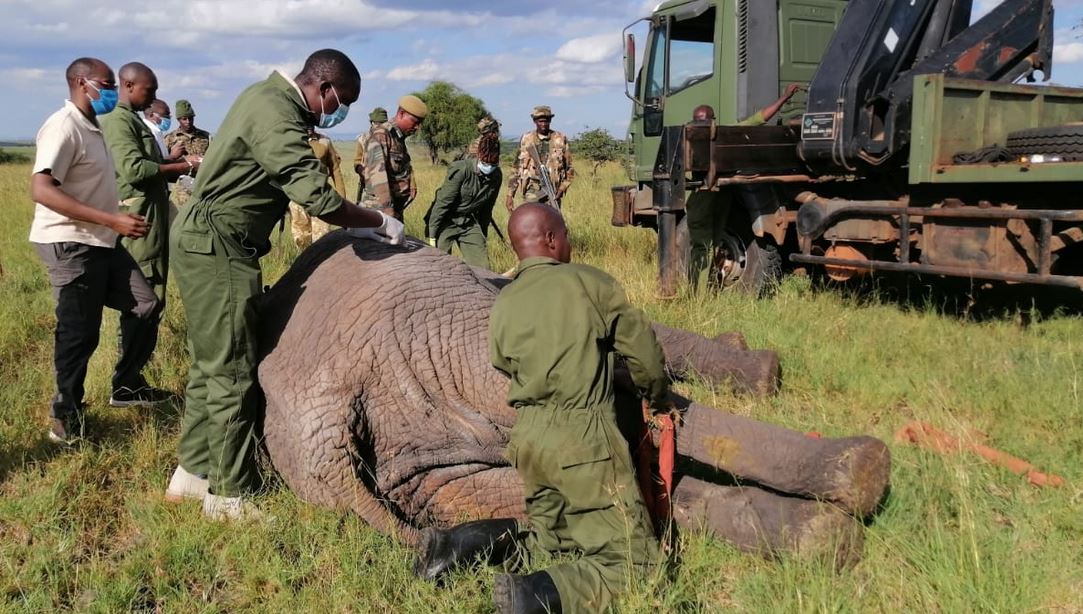- Kenya Wildlife Service has announced new park fees set to be applied starting Wednesday October 1.
- The new Regulations were approved and acceded by Parliament on September, 25 following a year-long consultative, and participatory process involving stakeholders from across the conservation, tourism, and the general public.
Kenya Wildlife Service (KWS) has announced new park fees set to be applied starting Wednesday October 1, 2025.
The new regulations were approved and acceded by Parliament on September 25 following a year-long consultative, and participatory process involving stakeholders from across the conservation, tourism, and the general public.
Wildlife Conservation and Management (Access and Conservation Fees) Regulations, 2025, is the the first major fee review in 18 years. The new changes raise fees by 30-70 percent for Kenya’s National Parks, Reserves, and Sanctuaries.
“The reviewed regulations are intended to strengthen the financial sustainability of wildlife conservation, enhance visitor experiences, and ensure that Kenya’s parks and reserves remain globally competitive while safeguarding the country’s unique wildlife heritage,” KWS said in a statement.
Citizens will now pay Sh 1500 to access Amboseli and Lake Nakuru National parks up from Sh 860 while children and students will pay Sh 750.
Read More
Charges for Tsavo East and Tsavo West National Parks has increased from Sh 515 to Sh 1000 for adults while charges for Meru, Korra, and Aberdare National parks have increased from Sh 300 to Sh 800. Those visiting Hells Gate and Mt Longonot National Parks will now be paying Sh 500 up from Sh 300.
Adults visiting Nairobi National Park will now have to part with Sh 1000 while children will pay Sh 500.
In Tsavo East,Tsavo West, Meru, Kora and Aberdare National Parks, children and students will pay Sh 500, Sh 400 to visit Mt Kenya National Park and Sh 250 to visit Hells Gate, Mt. Longonot, Mt. Elgon, Ol Donyo-Sabuk National Parks, Lake Elementaita Wildlife Sanctuary, Shimba Hills and Kakamega National Reserves.
KWS noted that the discussed regulations are supposed to strengthen the financial sustainability of wildlife conservation, enhance visitor experiences, and ensure that Kenya’s parks and reserves remain globally competitive while safeguarding the country’s unique wildlife heritage.
The Cabinet Secretary (CS) for Tourism and Wildlife, Hon. Rebecca Miano, in a statement, reaffirmed the Ministry’s commitment to ensuring a smooth and seamless implementation of the newly approved conservation fees.
Kenya Wildlife Service (KWS) Director General, Prof. Erustus Kanga noted that measures have been put in place to facilitate visitors who had already booked and paid for their trips through the eCitizen prior to this pronouncement.
“KWS will honor all eCitizen payments made before this announcement and the revised fees will therefore apply only to new bookings made for 1st October onward,” Prof. Kanga stated.






-1769677767.jpg)